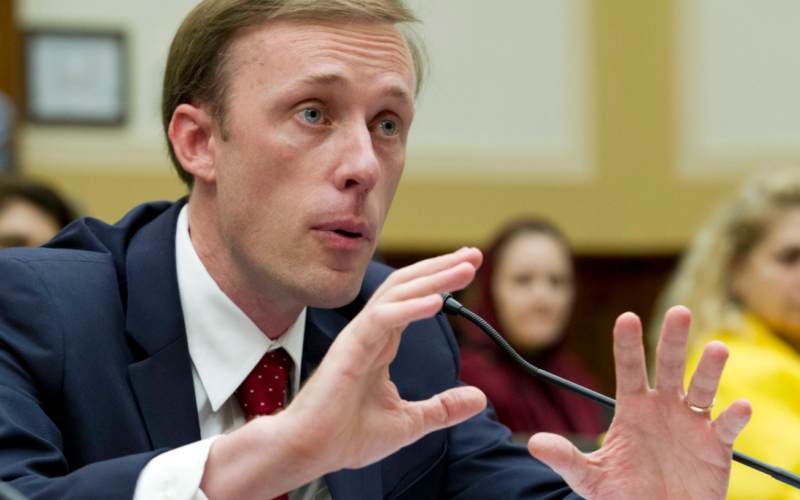Jake Sullivan, the National Security Adviser to President Biden, is currently on a visit to Israel, where he seeks to navigate the complexities of the ongoing conflict between Israel and Hamas. As Sullivan continues discussions with Israeli officials, including Prime Minister Benjamin Netanyahu and Defense Minister Yoav Gallant, it becomes evident that the United States and Israel differ on the timing and approach to the military campaign against Hamas.
While Sullivan’s visit was intended to strengthen the bond between the U.S. and Israel, recent statements from President Biden indicate a growing concern about the toll of Israel’s military actions on international support. The Biden administration aims to see Israel transition from its broad assault on Gaza to a more targeted phase within three weeks or shortly thereafter. This stark contrast in timelines underscores the delicate balance the U.S. seeks in supporting its ally while addressing humanitarian concerns and global opinion.
International pressure has mounted on the Biden administration to address the worsening humanitarian crisis in Gaza. The UN agency aiding Palestinians reported hunger and desperation driving civilians to raid relief supply trucks, emphasizing the urgent need for intervention. With more than 85% of Gaza’s population displaced and facing severe shortages of essential resources, the situation has reached a critical juncture.
Prime Minister Netanyahu, however, has given no indication of ending the large-scale air and ground assault soon. Mirjana Spoljaric, the president of the International Committee of the Red Cross, conveyed her concerns about the situation in Gaza being a “moral failure.” Despite this, Netanyahu remains resolute in distinguishing Israel’s actions from those of Hamas, signaling a commitment to continued military operations until Hamas is eliminated.
Apart from the ongoing military campaign, disparities between the U.S. and Israel are evident in discussions about a postwar plan for Gaza. While the Biden administration emphasizes the involvement of the Palestinian Authority, Israeli officials, including President Isaac Herzog, dismiss this notion. Herzog indicated that it is premature to discuss a two-state solution, a stance in contrast to the Biden administration’s position.
As Sullivan continues his diplomatic engagements in Israel, the Biden administration faces the challenge of aligning its concerns for civilian well-being with Israel’s military objectives. The evolving dynamics in the region, coupled with the humanitarian crisis in Gaza, underscore the complexity of finding a balanced approach that addresses both allies’ interests and broader international considerations. The visit of Defense Secretary Lloyd J. Austin III to the region next week further emphasizes the importance the U.S. places on navigating these intricate diplomatic waters.








